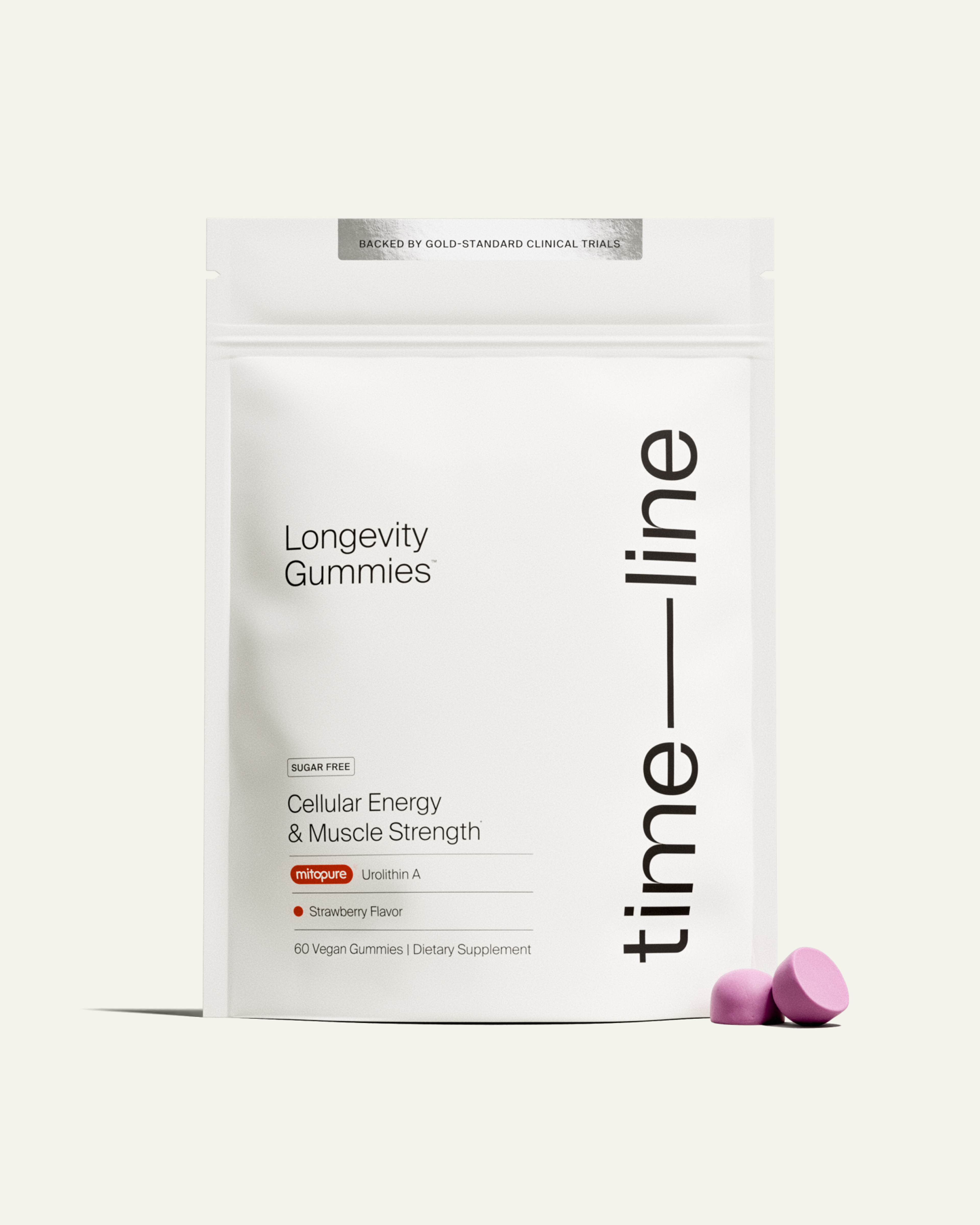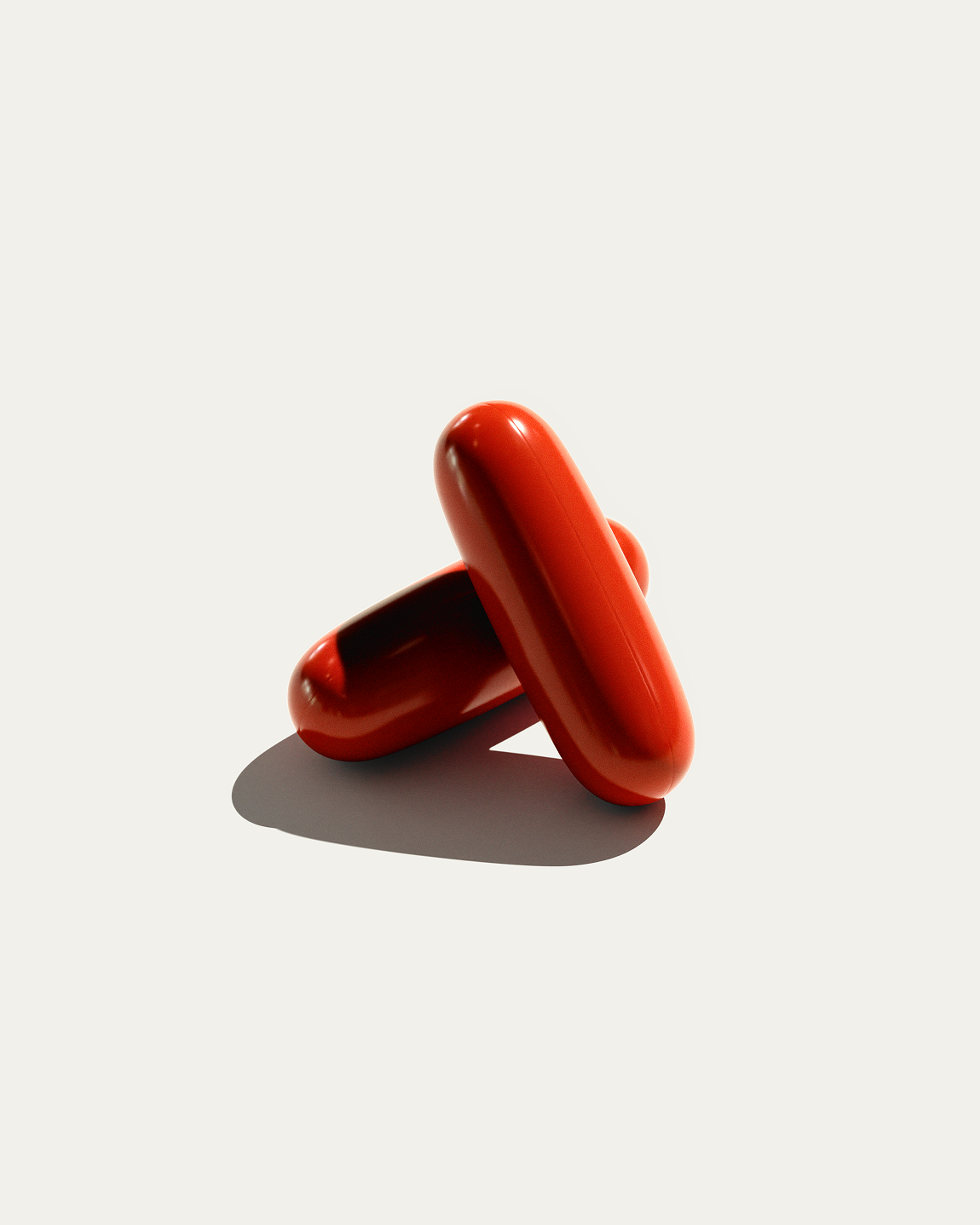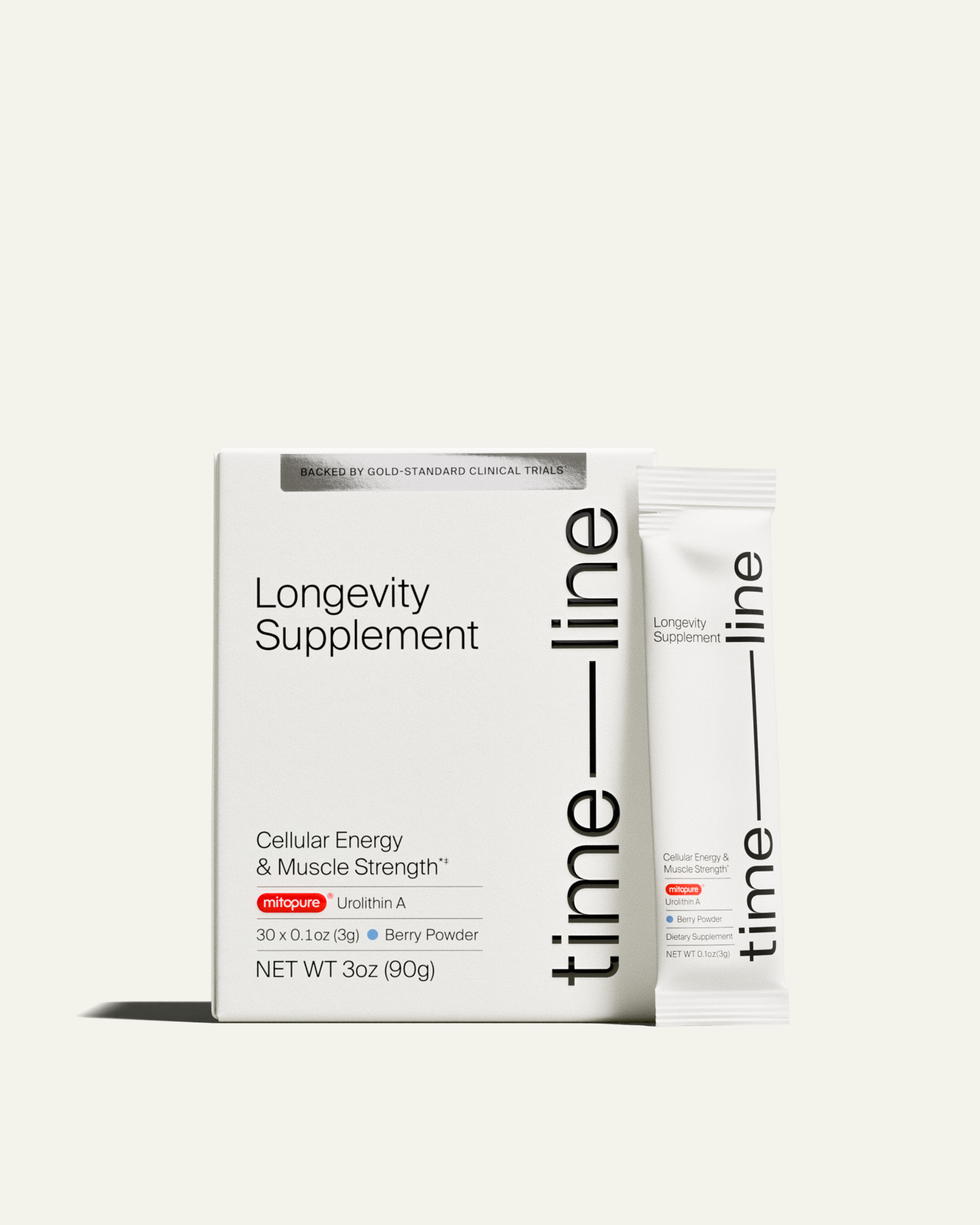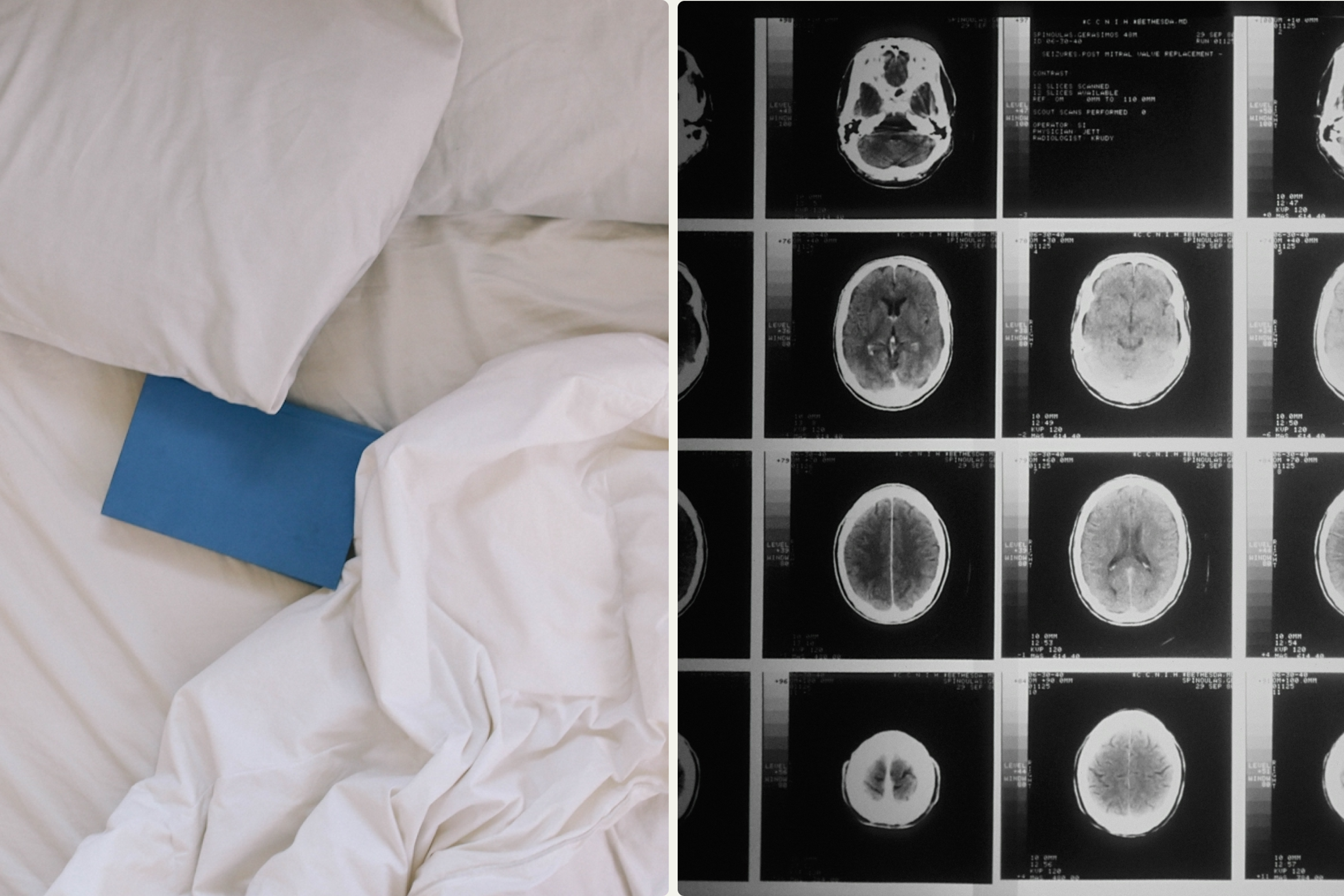Your Circadian Rhythm: The Body’s Biological Melody
Explore circadian rhythms: your body's 24-hour clock influencing sleep, energy, and health. Learn its importance and how to maintain its balance.
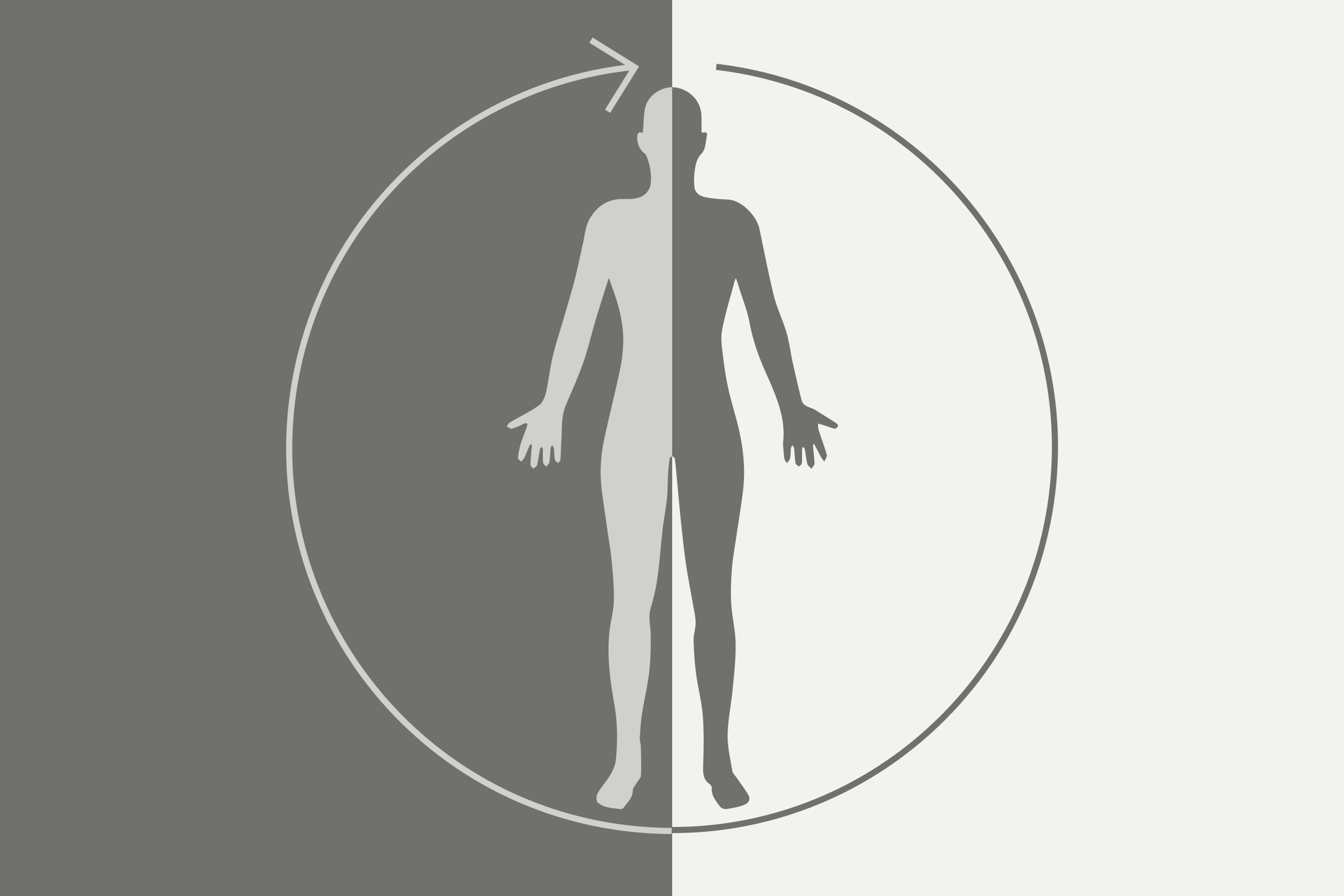
In the grand orchestra that is our bodies, there’s a conductor orchestrating a rhythmic masterpiece – it’s called your circadian rhythm. These intricate body rhythms influence everything from our energy levels to sleep quality, impacting day-to-day life in ways you might not even realize. Let's dive deep into the fascinating realm of circadian rhythms, exploring what they are, how they work, and why they play such a fascinating role in shaping the landscape of your days and nights.
What is circadian rhythm?
Your circadian rhythm is a finely tuned mechanism that regulates a multitude of physiological processes in a 24-hour cycle - acting as your body’s master timekeeper. Often referred to as the “biological or internal clock,” this intricate system synchronizes with the natural light-dark cycle.
Like a familiar beat, it’s the underlying rhythm that helps everything run smoothly, guiding many different biological processes throughout the day and night at the right time. Read on for some clear examples of what this timekeeper can do for you.
Why is your circadian rhythm important?
Your circadian rhythm is important because it truly affects every aspect of your daily life processes. It’s the reason you can wake up feeling refreshed and energized, and the reason why your body starts to power down and get sleepy after the sun goes down.[1]
At work, your circadian rhythm regulates your energy levels to match the time of day, playing a pivotal role in the biological cues we experience when we’re hungry or tired. It even controls things like your vital signs, hormone health, metabolism, and digestion.[2]
Even more fascinating, your circadian rhythm extends its influence deep into the microscopic world of how your cells produce energy. As night falls, the circadian melody cues a shift, signaling all of your cells to focus on repair, regeneration, and maintenance through the impact of the melatonin hormone.[3]
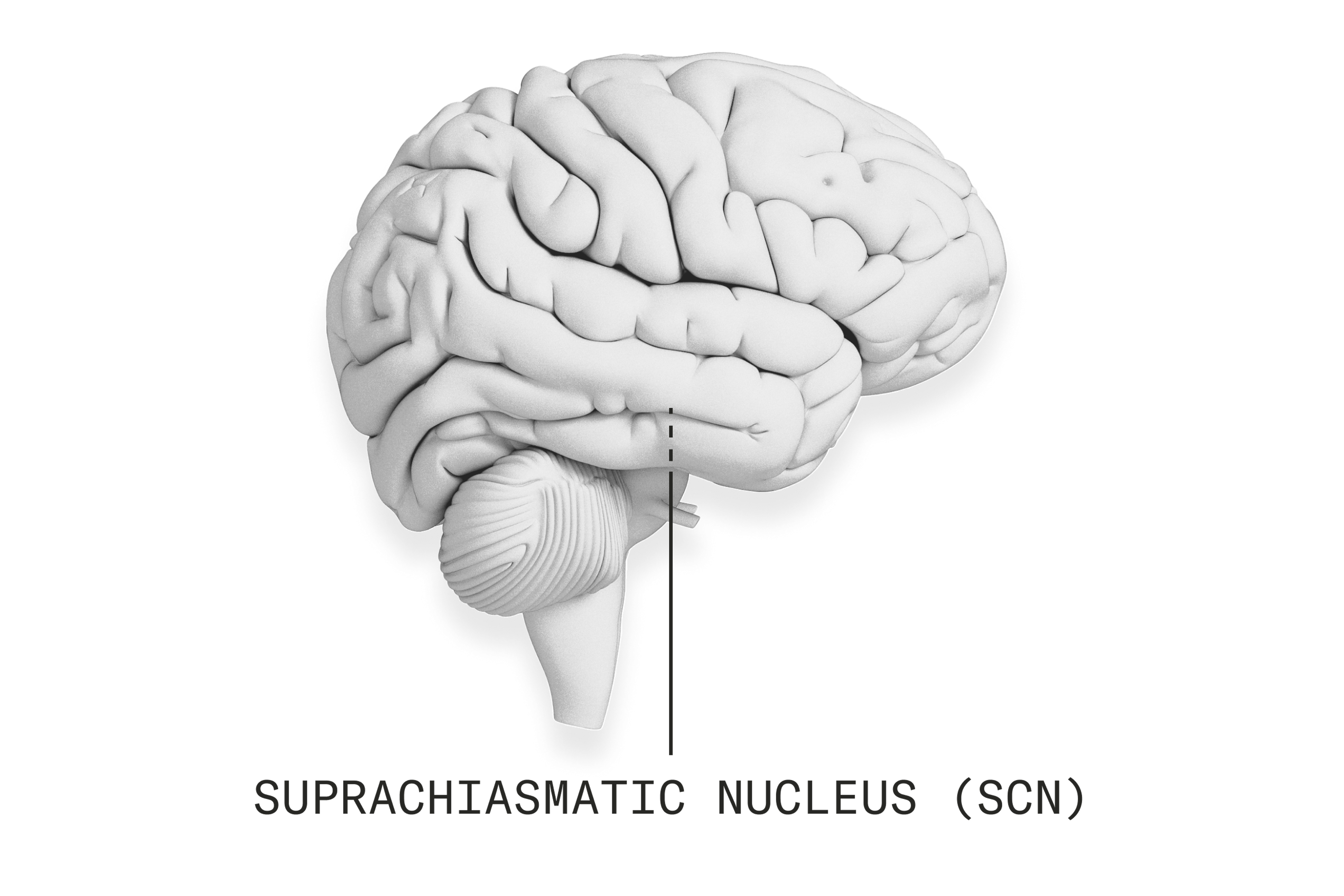
How does your circadian rhythm work?
When you delve into the science behind how the circadian rhythm operates, you’ll find a marvel of biological synchronization. At the core of this symphony is the suprachiasmatic nucleus (SCN), a tiny region in your brain's hypothalamus. This master clock responds to light cues received through your eyes, signaling the rhythm for your biological processes.[4]
As the sun rises and your body senses the morning daylight, it stimulates cortisol production to give you the energy to meet the day. And as daylight falls and evening approaches, your body’s timekeeper allows melatonin to take center stage, signaling that it’s time to wind down and prepare for a night of rejuvenating sleep. These hormonal shifts, among many others, create a rhythmic cadence that defines your daily experience.[5]
What affects the circadian rhythm?
While the circadian rhythm works seamlessly under optimal conditions, several factors can throw off its delicate balance. Let’s dive into these factors in more detail:
- Light exposure: Bright light in the morning helps set a healthy circadian rhythm, while exposure to artificial light at night (especially from screens) can disrupt it, affecting sleep and wake cycles.[6]
- Irregular sleep patterns: Inconsistent sleep schedules, such as irregular bedtime and wake-up times, can throw off your circadian rhythm, making it challenging to establish a steady internal clock.[7]
- Shift work: Working during the night or irregular shifts can confuse your circadian rhythm, leading to sleep disturbances and potential long-term health issues.[8]
- Jet lag: Rapidly crossing time zones can disorient your circadian rhythm, causing symptoms like fatigue, insomnia, and difficulty concentrating until your body adjusts to the new time zone.[9]
- Stress: Chronic stress can impact your circadian rhythm, affecting your sleep quality and contributing to a disrupted internal clock.[10]
- Meal timing: Irregular eating patterns or consuming large meals late at night can interfere with circadian processes related to your digestion and metabolism.[11]
- Sugar, caffeine, and alcohol: Consuming excess sugar, caffeine, or alcohol, especially prior to bed, can create stimulating effects that disrupt your body’s restorative processes that take place during sleep.[12]
- Physical activity: Lack of regular exercise, or engaging in vigorous activity close to bedtime, can influence your circadian rhythm by impacting the quality and timing of your sleep.[13]
- Temperature fluctuations: Exposure to extreme temperatures, especially late in the evening, can disrupt the natural cooling process that helps signal your body it's time to sleep.[14]
- Social activities: Late-night socializing, especially involving exposure to bright lights or stimulating activities, can delay the onset of sleep, affecting your circadian rhythm.
- Age: Circadian rhythm changes naturally with age, and teenagers often experience a shift in their internal clock, making it difficult for them to fall asleep early in the evening.[15]

What can happen when your circadian rhythm is off?
When your circadian rhythm is out of balance, it can throw your body’s daily routine into chaos, creating a cascade of negative consequences that impact your biological processes - all the way down to the cellular level.
These sleep disturbances can leave you feeling fatigued and irritable throughout the day - like your brain isn’t firing on all cylinders. The impact of circadian disruption on your immune system also can’t be ignored - it can become less resilient, making you more vulnerable to illnesses and potentially even at greater risk of developing certain chronic conditions.
Is there a connection to mitochondria?
Recent research has suggested an intriguing link between circadian rhythm and mitochondrial health. Mitochondria, often called the powerhouse of cells, exhibit circadian oscillations throughout a given day, suggesting that the biological clock extends its influence to cellular energy production. Cellular mitochondria also play an important role in processes like autophagy (cellular repair), apoptosis (programmed cell death), and the generation of reactive oxygen species (ROS) that are created with cellular reactions.[16]
The intricate interplay between circadian rhythm and mitochondria underscores the profound impact the internal clock has on overall health; research will continue to explore the complexities of this connection, encouraging us to think about how we can nurture the fundamental processes that sustain life at the cellular level.
Do you need to reset your circadian rhythm?
Resetting your circadian rhythm is like giving your body a refreshing tune-up. If you've been experiencing irregular sleep patterns, daytime fatigue, a slowed down metabolism, stubborn weight gain, or mood swings, it could signal a misalignment in your circadian clock. There are a few things you can start now to hit the reset button to bring your body back into its natural alignment.
Five mindful solutions to reset your circadian rhythm
- Optimize your light exposure: Embrace natural light during the day and limit artificial light exposure in the evenings. Direct morning light exposure can travel all the way to your brain, signaling important hormone-stimulating pathways to help start your day. After sunset, circadian friendly light bulbs, night lights, reading lights, protective glasses, and more are now available to mitigate the effects of harmful blue light.[17]
- Establish a consistent sleep schedule and create a sleep sanctuary that welcomes rest: Stick to a regular sleep-wake routine, even on weekends, to reinforce your circadian rhythm. Going to bed at 10 pm is a great place to start. Your bedroom environment should be dark and cool, with little to no artificial lighting if possible. Blackout curtains can be helpful here.
- Be mindful of your technology use: Screen time before bed can stimulate cortisol and affect your body’s ability to power down. Be mindful of the unbalanced blue light from devices that can disrupt your sleep (television, phone, laptop, tablets, etc). Limit your device usage by at least 1-2 hours before bed and notice how much easier it may be to fall asleep.
- Movement timing matters: Avoid vigorous exercise too close to bedtime as this can stimulate cortisol production when your body is priming to power down to a restful state in the evenings. Saving strenuous activities for daylight hours ensures that your evenings are reserved for calm and rest.
- Avoid large, heavy meals after sunset: Eating too close to bedtime can divert your body’s attention away from the process of relaxation, making it harder to fall asleep and attain the deep, restorative sleep your body needs to repair itself.
Final words
Your daily choices can become chapters that shape the biological melody of your circadian rhythm - and it starts by recognizing its impact on your cellular health. By aligning your daily habits with the natural cadence of daylight and darkness, you’ll feel the difference in your sleep, mood, energy, and mental health. Check in with yourself and explore how a few simple consistent changes in your day or night routine can impact the cadence of your circadian rhythm while having profound impacts on how you heal, live, and thrive. Your body will thank you for it.
Authors

Written by
Physician, Wellness Expert & Health Content Writer

Reviewed by
Lead Regulatory Affairs & Scientific Manager Alliances at Timeline
References
- ↑
- Huang W, Ramsey KM, Marcheva B, Bass J. Circadian rhythms, sleep, and metabolism. J Clin Invest. 2011 Jun;121(6):2133-41. doi: 10.1172/JCI46043. Epub 2011 Jun 1. PMID: 21633182; PMCID: PMC310476
- ↑
- Reddy S, Reddy V, Sharma S. Physiology, Circadian Rhythm. [Updated 2023 May 1]. In: StatPearls [Internet]. Treasure Island (FL): StatPearls Publishing; 2023 Jan-. Available from: https://www.ncbi.nlm.nih.gov/books/NBK519507/ (https://www.ncbi.nlm.nih.gov/books/NBK519507/)
- ↑
- Reddy S, Reddy V, Sharma S. Physiology, Circadian Rhythm. [Updated 2023 May 1]. In: StatPearls [Internet]. Treasure Island (FL): StatPearls Publishing; 2023 Jan-. Available from: https://www.ncbi.nlm.nih.gov/books/NBK519507/ (https://www.ncbi.nlm.nih.gov/books/NBK519507/)
- ↑
Rosenwasser AM, Turek FW. Neurobiology of Circadian Rhythm Regulation. Sleep Med Clin. 2015 Dec;10(4):403-12. doi: 10.1016/j.jsmc.2015.08.003. Epub 2015 Sep 11. PMID: 26568118.
- ↑
Rosenwasser AM, Turek FW. Neurobiology of Circadian Rhythm Regulation. Sleep Med Clin. 2015 Dec;10(4):403-12. doi: 10.1016/j.jsmc.2015.08.003. Epub 2015 Sep 11. PMID: 26568118.
- ↑
Chellappa SL. Individual differences in light sensitivity affect sleep and circadian rhythms. Sleep. 2021 Feb 12;44(2):zsaa214. doi: 10.1093/sleep/zsaa214. PMID: 33049062; PMCID: PMC7879412.
- ↑
- Kang, JH., Chen, SC. Effects of an irregular bedtime schedule on sleep quality, daytime sleepiness, and fatigue among university students in Taiwan. BMC Public Health 9, 248 (2009). https://doi.org/10.1186/1471-2458-9-248
- ↑
James, Stephen M et al. “Shift Work: Disrupted Circadian Rhythms and Sleep-Implications for Health and Well-Being.” Current sleep medicine reports vol. 3,2 (2017): 104-112. doi:10.1007/s40675-017-0071-6
- ↑
Sack, Robert L. "The pathophysiology of jet lag." Travel medicine and infectious disease 7.2 (2009): 102-110.
- ↑
- Koch, C. E., et al. "Interaction between circadian rhythms and stress." Neurobiology of stress 6 (2017): 57-67.
- ↑
Wehrens, Sophie MT, et al. "Meal timing regulates the human circadian system." Current Biology 27.12 (2017): 1768-1775.
- ↑
- Potter, Gregory D M et al. “Nutrition and the circadian system.” The British journal of nutrition vol. 116,3 (2016): 434-42. doi:10.1017/S0007114516002117
- ↑
Shen B, Ma C, Wu G, Liu H, Chen L, Yang G. Effects of exercise on circadian rhythms in humans. Front Pharmacol. 2023;14:1282357. Published 2023 Oct 11. doi:10.3389/fphar.2023.1282357
- ↑
- Okamoto-Mizuno, K., Mizuno, K. Effects of thermal environment on sleep and circadian rhythm. J Physiol Anthropol 31, 14 (2012). https://doi.org/10.1186/1880-6805-31-14 (https://doi.org/10.1186/1880-6805-31-14)
- ↑
- Duffy, Jeanne F et al. “Aging and Circadian Rhythms.” Sleep medicine clinics vol. 10,4 (2015): 423-34. doi:10.1016/j.jsmc.2015.08.002
- ↑
Aguilar-López BA, Moreno-Altamirano MMB, Dockrell HM, Duchen MR, Sánchez-García FJ. Mitochondria: An Integrative Hub Coordinating Circadian Rhythms, Metabolism, the Microbiome, and Immunity. Front Cell Dev Biol. 2020 Feb 7;8:51. doi: 10.3389/fcell.2020.00051. PMID: 32117978; PMCID: PMC7025554.
- ↑
- Blume, Christine et al. “Effects of light on human circadian rhythms, sleep and mood.” Somnologie : Schlafforschung und Schlafmedizin = Somnology : sleep research and sleep medicine vol. 23,3 (2019): 147-156. doi:10.1007/s11818-019-00215-x
